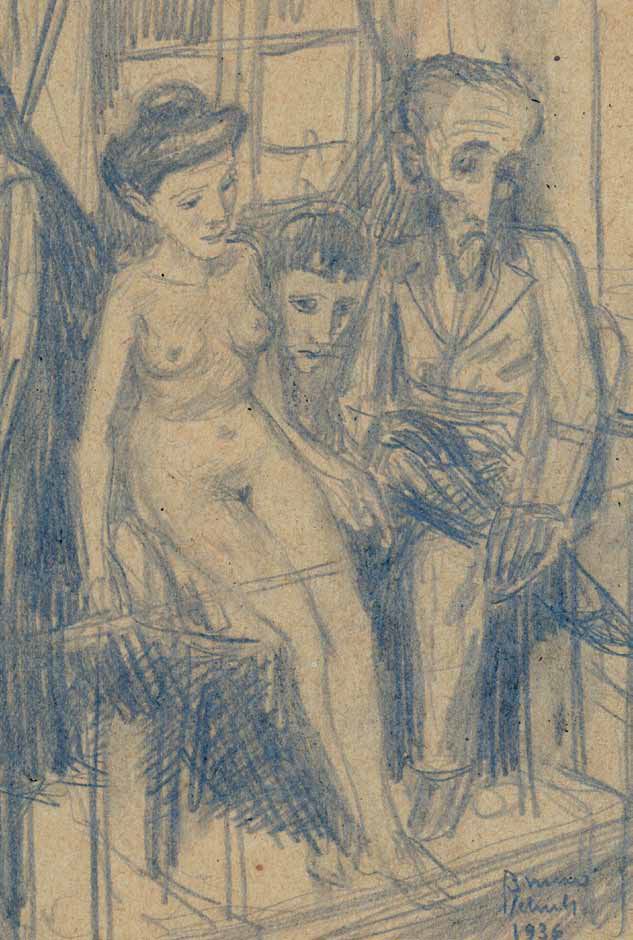Zachwyt Ficowskiego
Abstrakt
Schulz studies were born of rapture. In 1943 Jerzy Ficowski wrote a short study on Bruno Schulz, bound it, and titled it Regions of Great Heresy. That event can be now called the founding act of Schulz studies. Commenting on his work many years later, Ficowski realized that its permanent element was his rapture and the title to be assigned to more and more comprehensive versions of his early study. Schulz had attracted the critics’ interest already before, but the early critical reviews were all in one way or another involved in current literary debates in which Schulz represented the “regions of great heresy.” His death in 1942 changed the situation immediately since it excluded him from any future dialog. Not knowing about it, Ficowski wrote a letter to Schulz, hoping that the writer would respond, but the dead do not write letters. His rapture Ficowski translated into his study of Schulz. Today we know that it was a work of his lifetime, thanks to which Schulz, after years of marginalization and even absence, survived in literature. Ficowski was the founder of Schulz studies. Many readers have approached his Regions of Great Heresy as a document, a genuine source of information. Equally important is a trilogy also prepared by Ficowski, including, first, the Book of Letters, second, the Book of Images, and now it is high time we had the Book of Memories. It should consist of the letters wrritten to Ficowski by the witnesses of Schulz’s life.

 Uniwersyteckie Czasopisma Naukowe
Uniwersyteckie Czasopisma Naukowe





